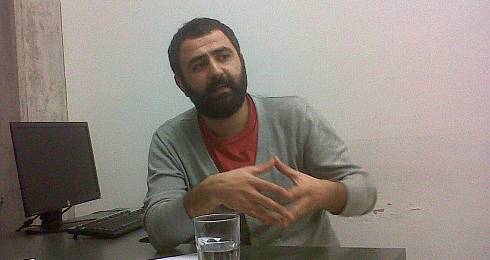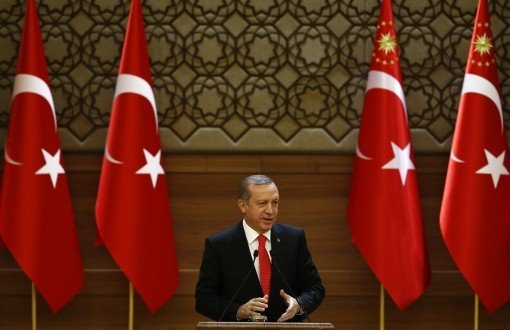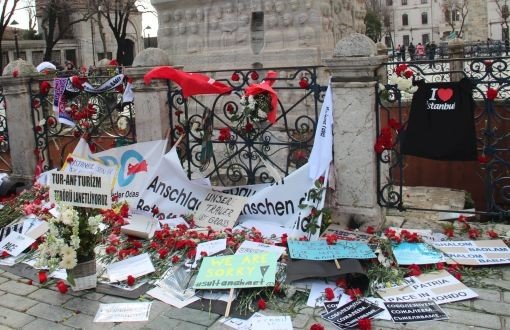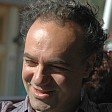"Streets Mean Freedom to Kurdish Children"


On Wednesday, Welat Ay, fellow at Diyarkakir Political and Social Research Center, held a presentation entitled "Ghost Bodies in Insecure Place: Kurdish Children" in Bilgi University.
Ay's presentation focused on his research based on one-on-one interviews with 50 Kurdish children ages between 12 and 18, in the heavily Kurdish populated neighborhoods of Mersin, a southeastern province where thousands of Kurdish families were forced to immigrate.
The presentation unfolded the way Kurdish children responded to power relations and control mechanisms in different environments such as school, family and streets. It also revealed how they coped with these mechanisms.
Which childhood?
Ay emphasized on the "gaps" between a child model in the eyes of families and school, and a model that streets are demanding.
"School is an environment where families frequently hope that their children can integrate to the society," Ay said. "Though most of teachers have a Turkish nationalist mentality that undermines their credibility in the eyes of Kurdish children."
Ay said while families see schools as a way "out", kids see it as a battle field. "The relations between the children and school," Ay continued, "don't create a hopeful future but only engender a sense of revolt amid Kurdish children against depersonalization."
"I won't forgive the Turkish state"
"I know how [Turkish state] burnt down our village, I know how we were forced to come here, I know how we are miserable now."
"The Turkish state killed my uncles. I won't forgive the Turkish state for that."
Ay said children felt happier in the streets because they considered streets as terrains of freedom where they could express themselves. "The insecurity at home and school pull children out to the streets."(YY)
‘Adoption Must be Consulted with Child Organizations, not with Religious Affairs’

"Gündem: Çocuk!" Programme on Children’s Rights Steams Live on Medyascope

Right of Individual Application to UN Child Rights Committee

‘Academics Can Sue President for Damages’

Tourists Speak after Sultanahmet Explosion: We are Here





